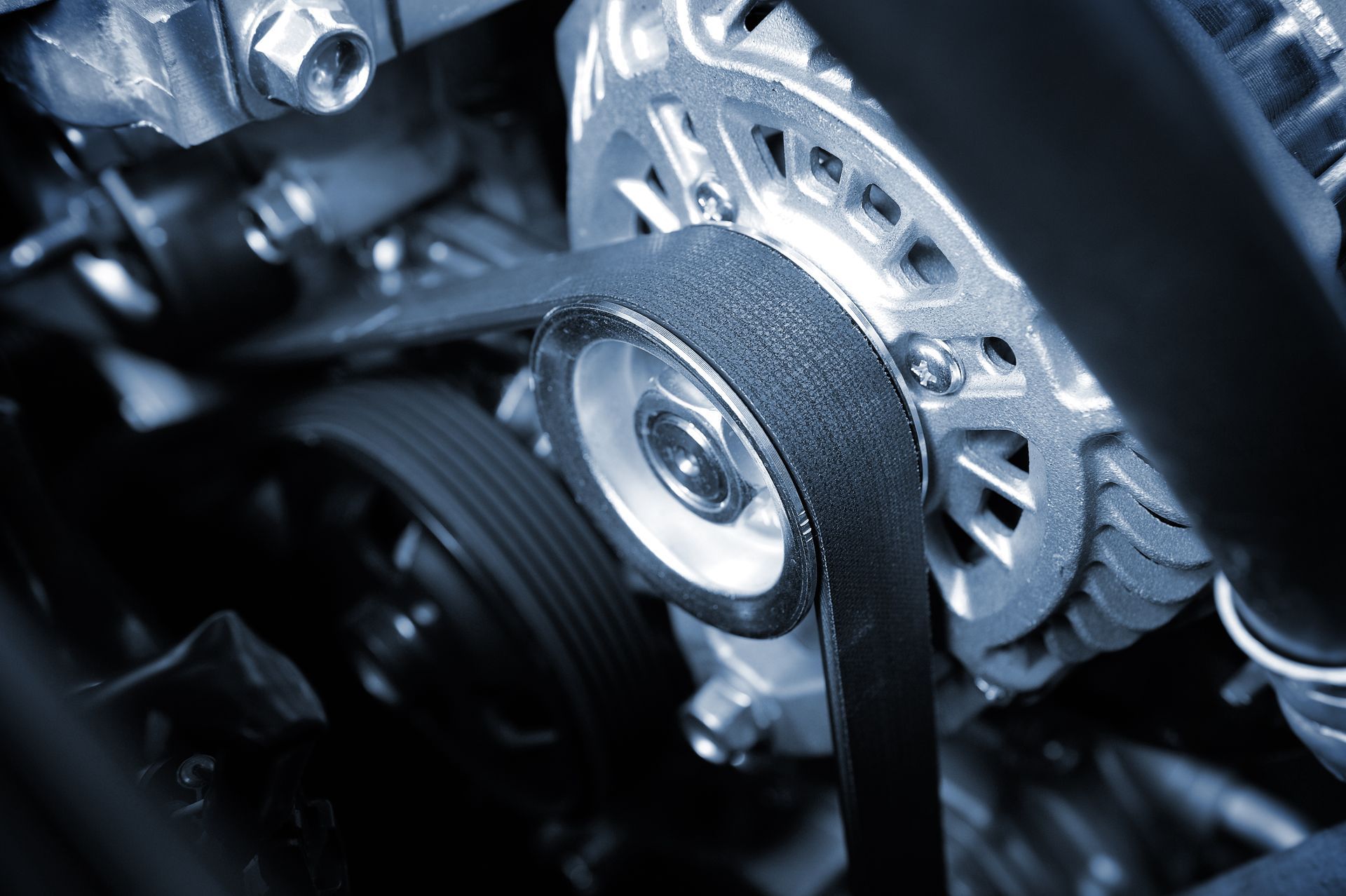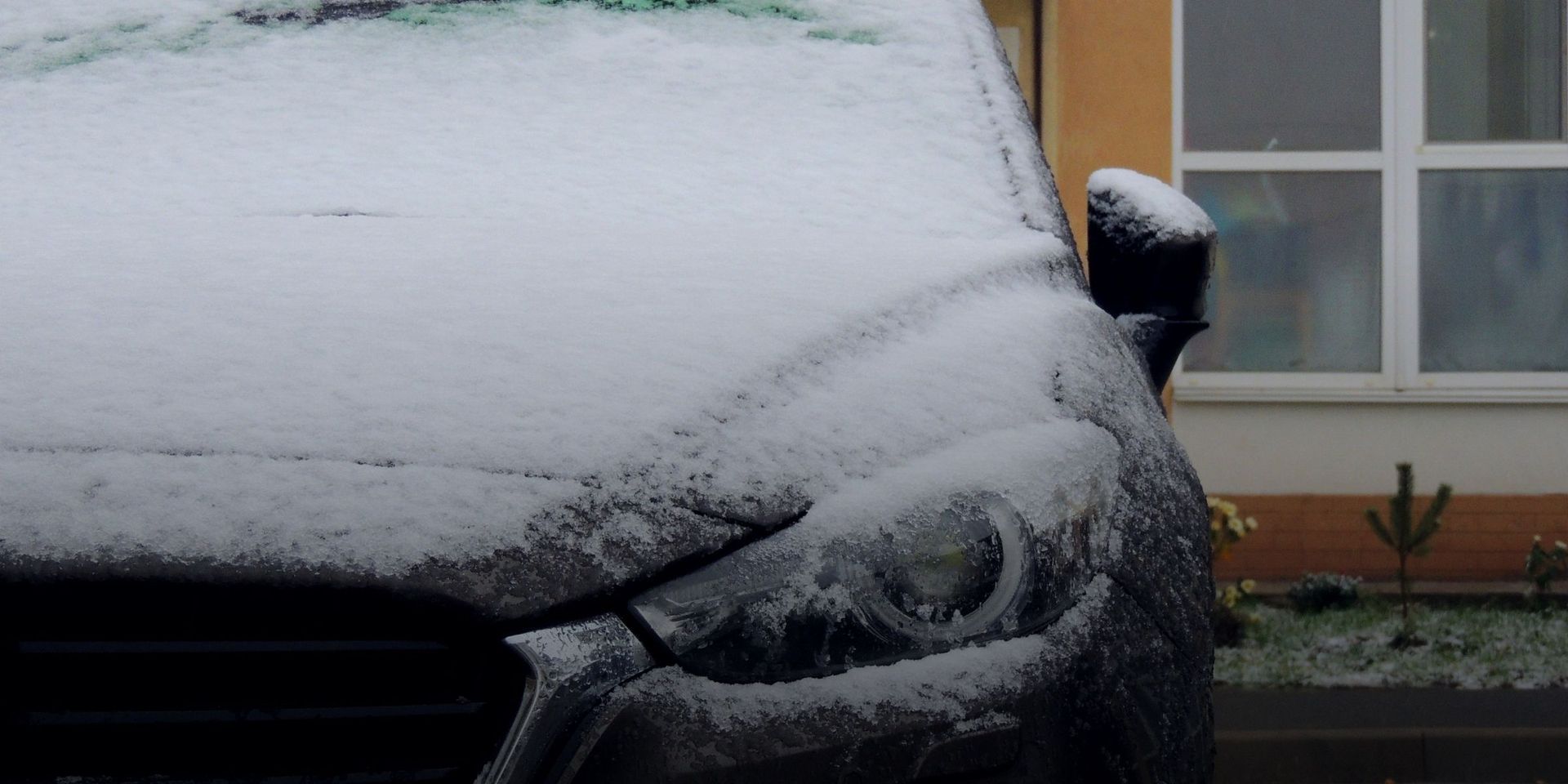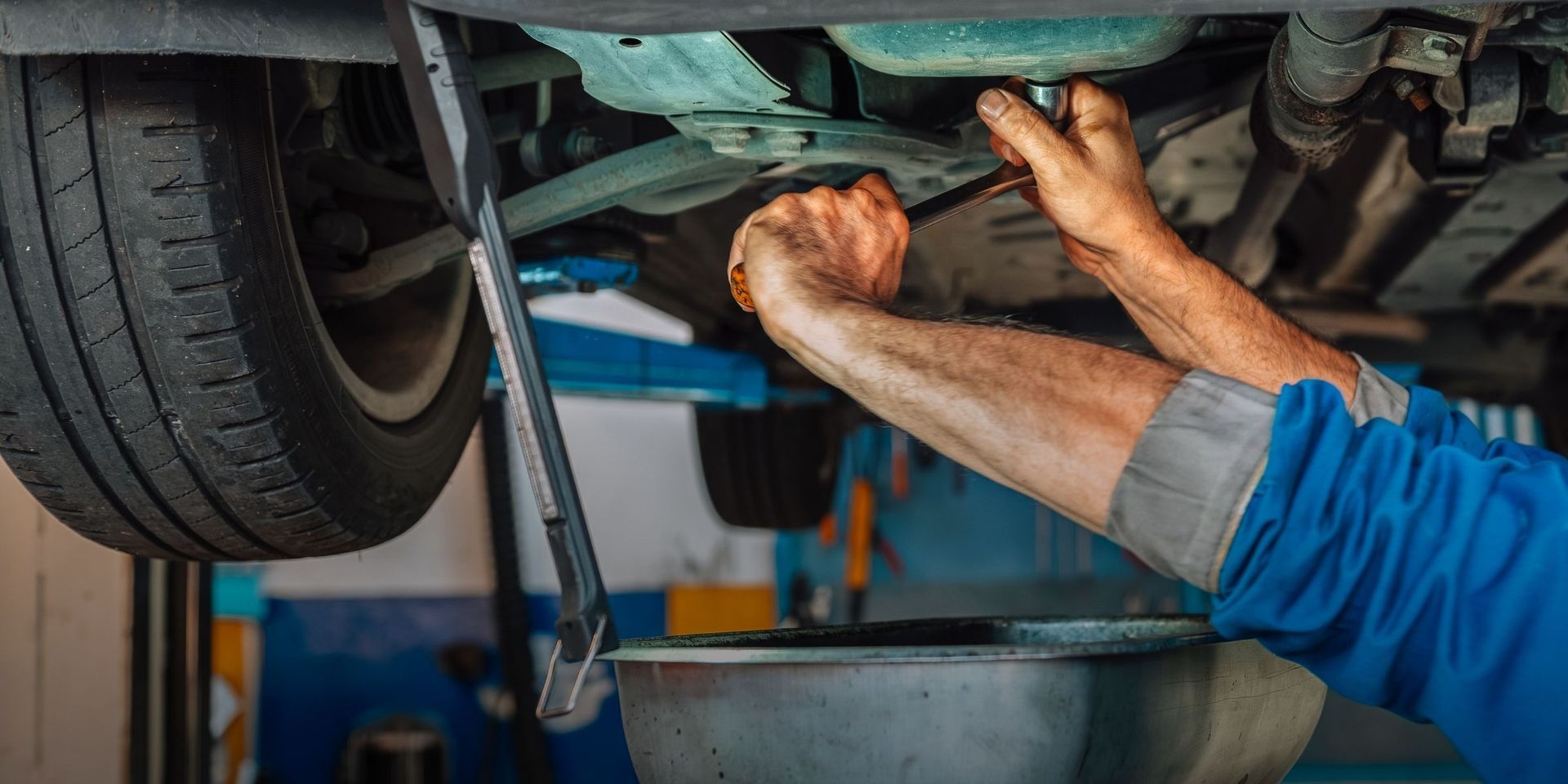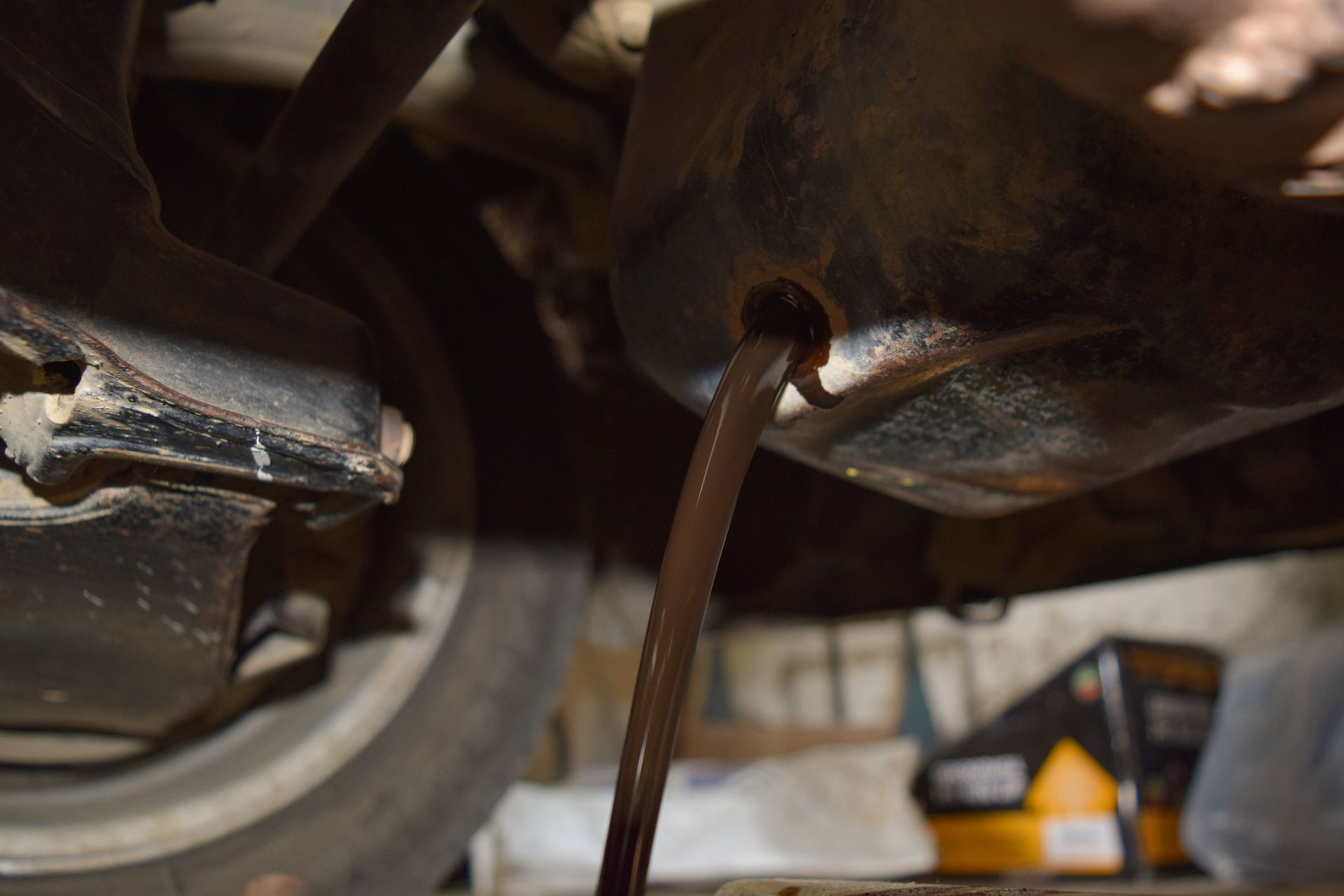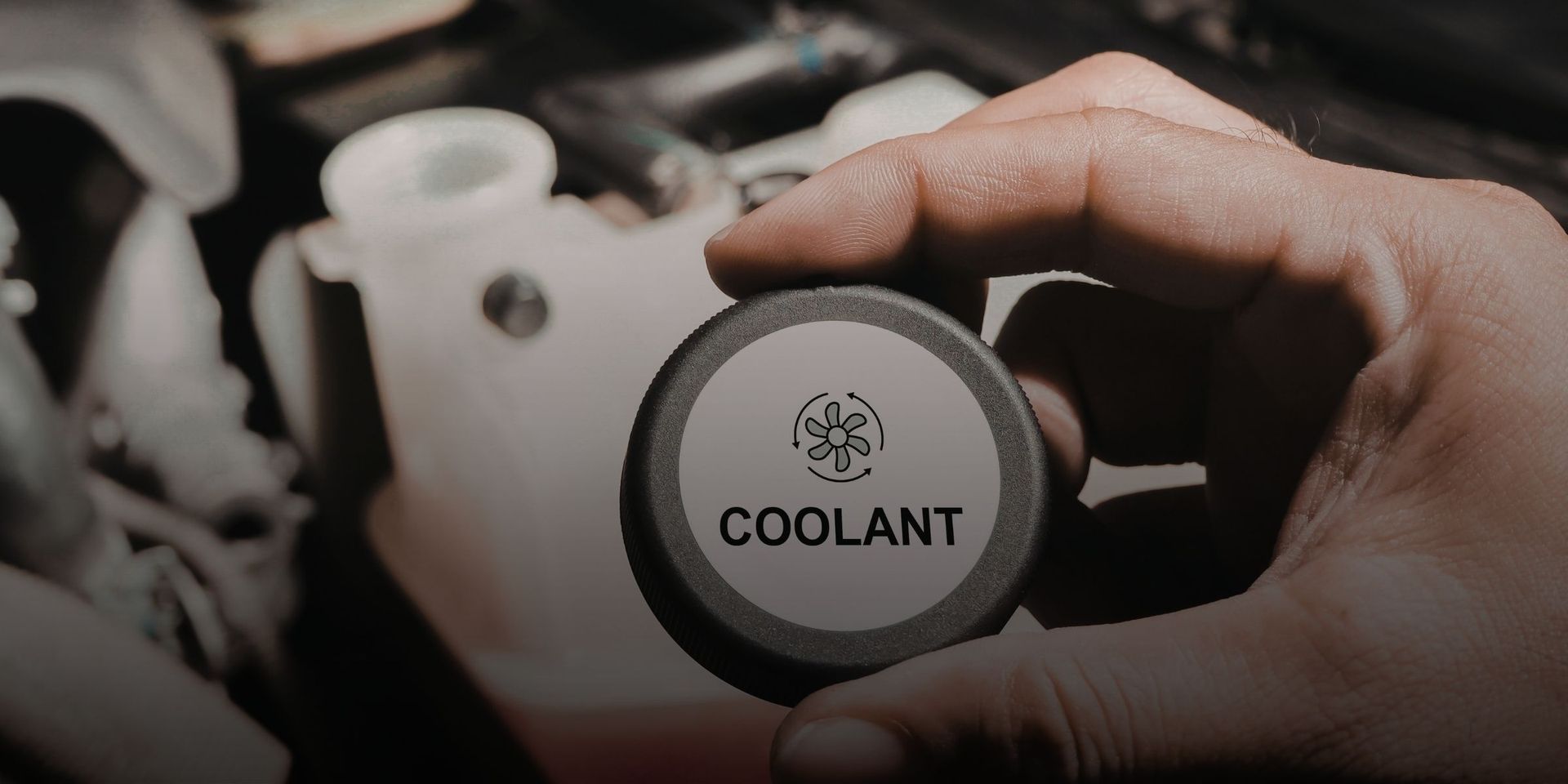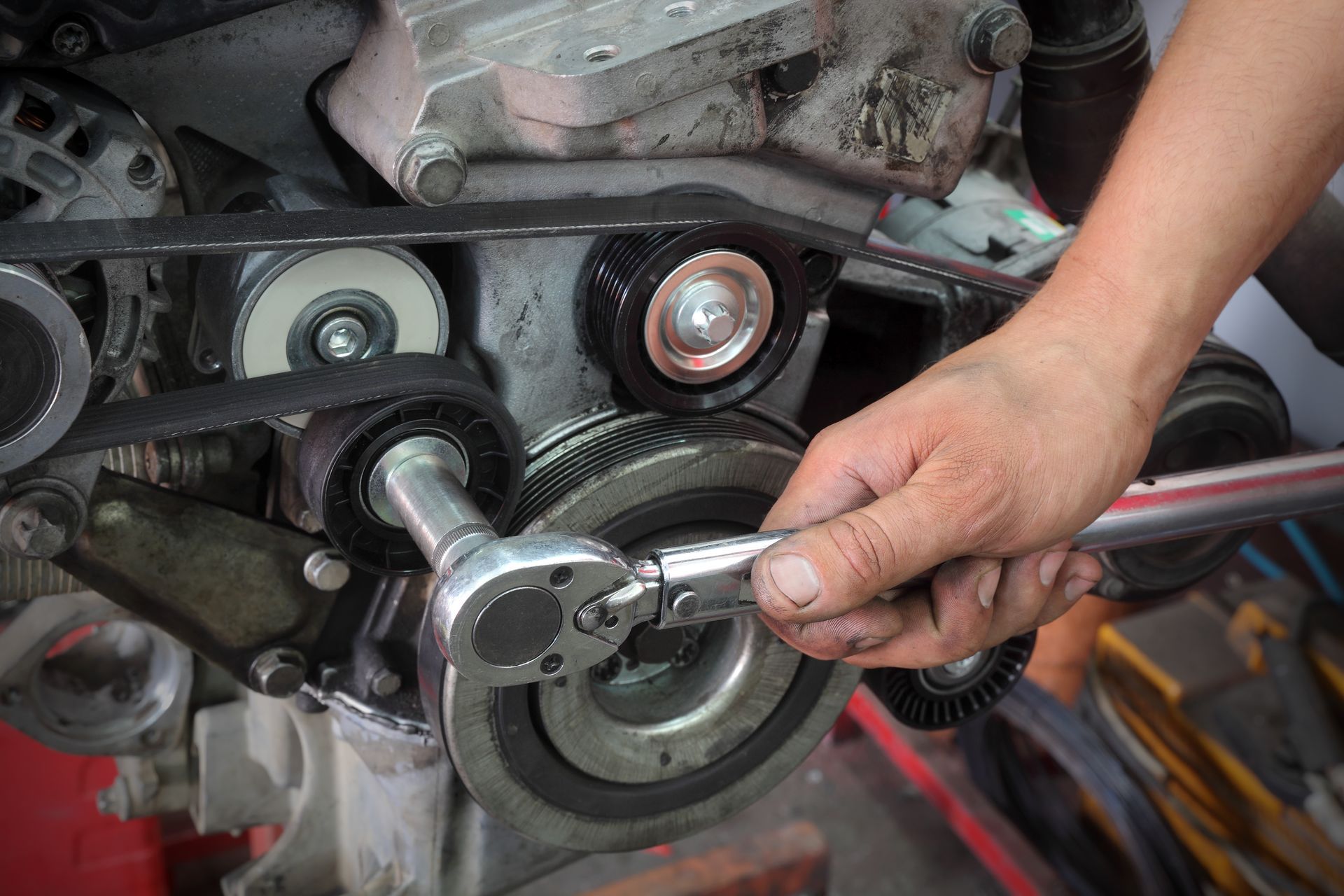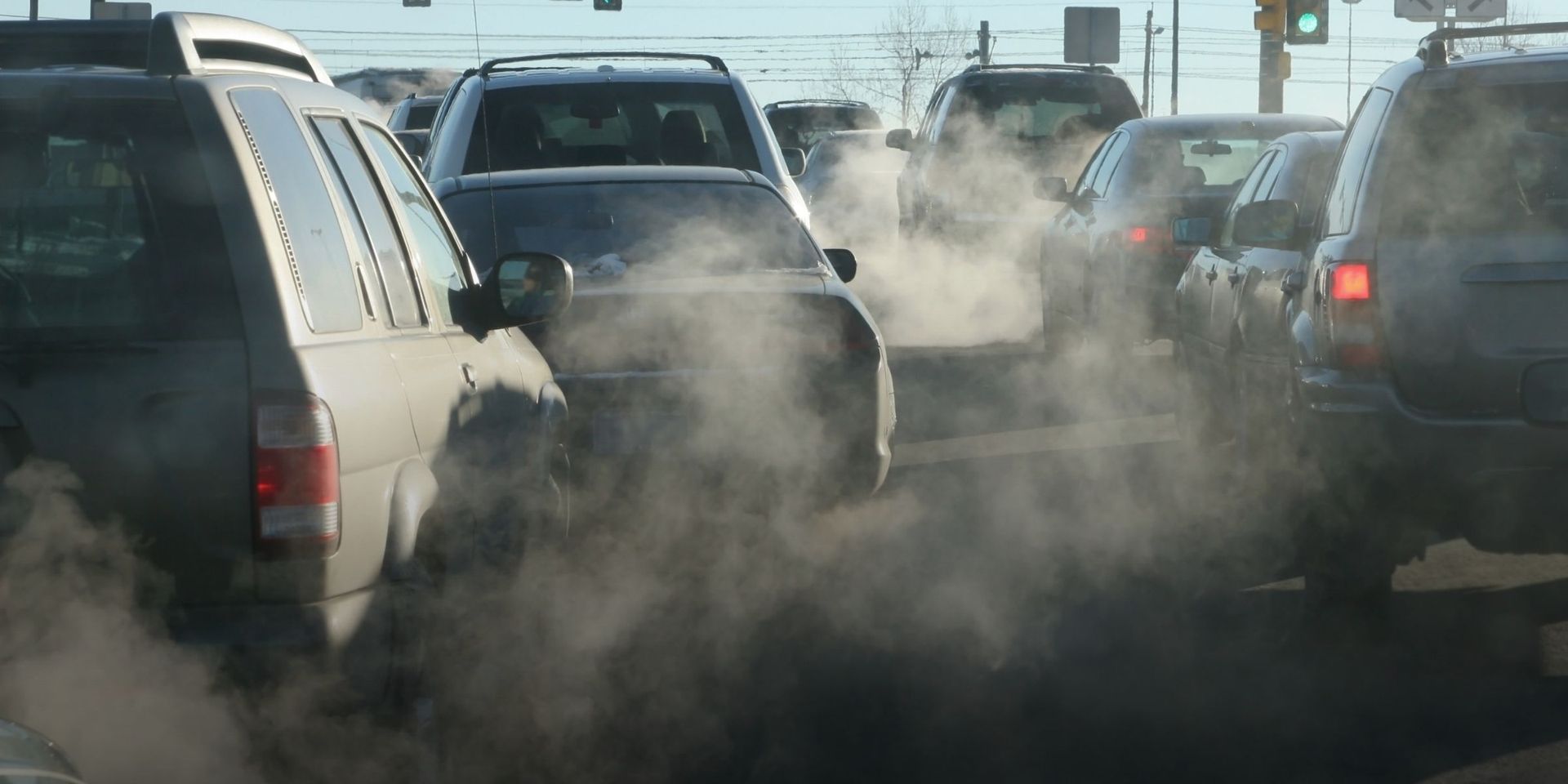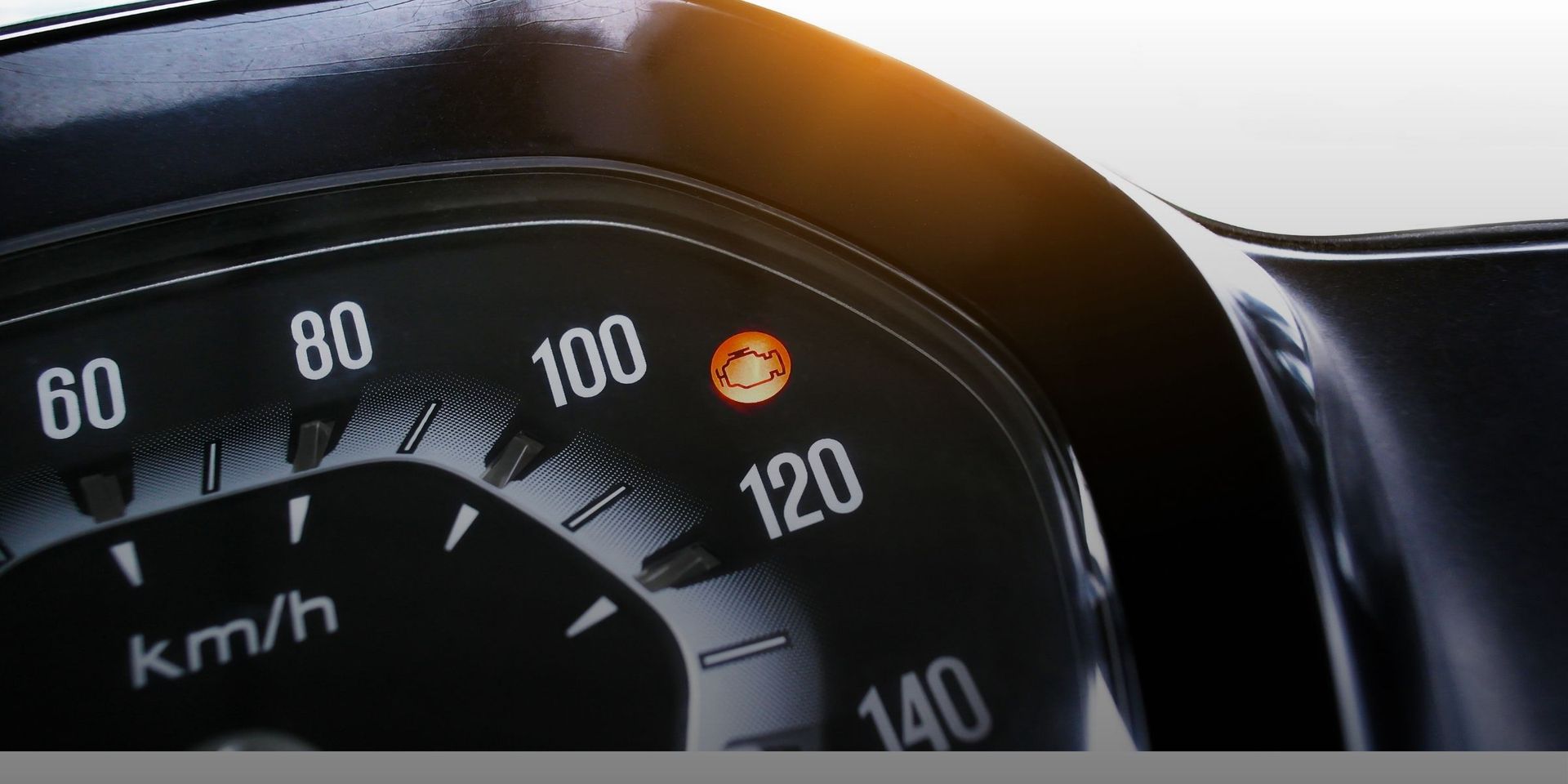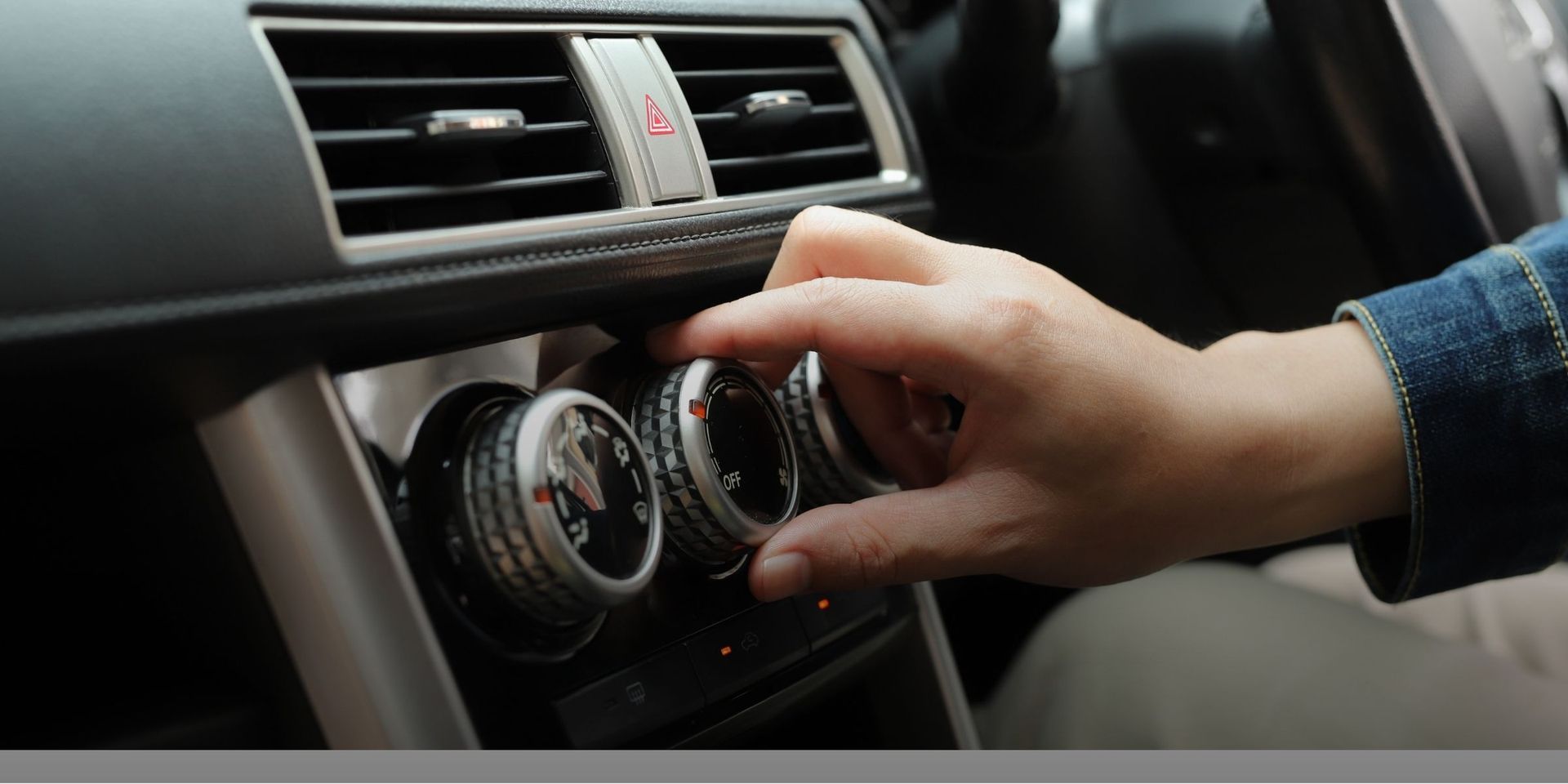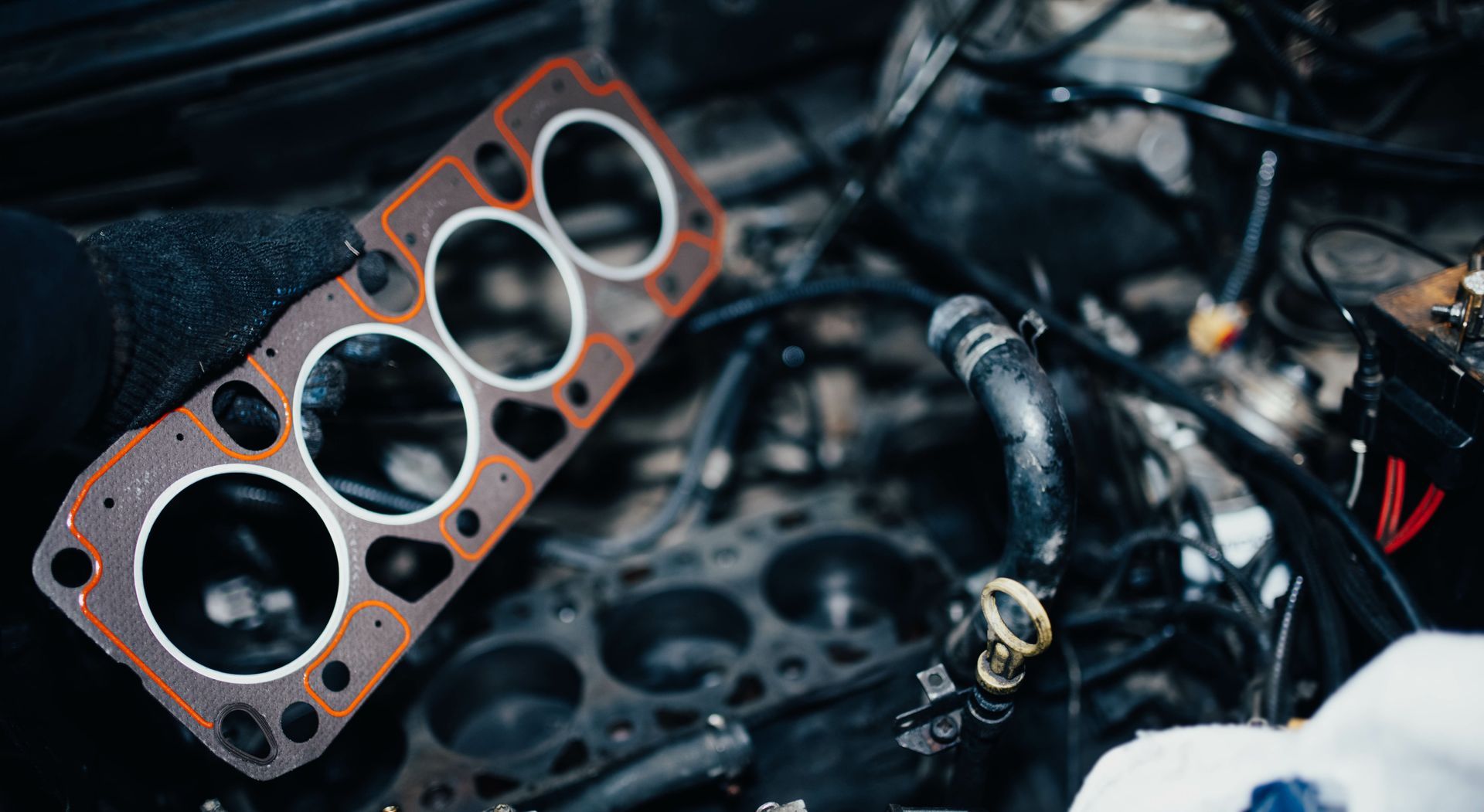Your car's radiator plays a vital role in keeping your engine cool and running smoothly. It's a crucial component of your vehicle's cooling system, working tirelessly to dissipate heat generated by the engine.
What Does a Car Radiator Do?
The primary function of a car radiator is to regulate the temperature of your engine by dissipating excess heat. As your engine burns fuel to produce power, it generates a significant amount of heat. If this heat is not adequately managed, it can lead to overheating and potentially serious engine damage.
The radiator accomplishes this task through a process of heat exchange. Coolant, a mixture of water and antifreeze, circulates through the engine, absorbing heat as it passes through the hot engine components. The heated coolant then flows into the radiator, where it releases its heat to the surrounding air through the radiator fins and cooling fans.
Common Radiator Issues
Despite their importance, radiators can experience various issues over time. Some common radiator problems include:
- Coolant Leaks: Leaks can develop in the radiator or its hoses, leading to a loss of coolant and reduced cooling efficiency.
- Clogged Radiator: Dirt, debris, and mineral deposits can accumulate in the radiator, obstructing coolant flow and impairing heat dissipation.
- Corrosion: Over time, corrosion can develop inside the radiator, weakening its structure and leading to leaks or other damage.
- Damaged Fins: The radiator fins, which help dissipate heat, can become bent or damaged, reducing their effectiveness.
Radiator Maintenance Tips
Proper maintenance is key to ensuring your car radiator operates efficiently and effectively. Here are some maintenance tips to keep your radiator in top condition:
- Regular Coolant Checks: Check your coolant levels regularly and top up as needed with the appropriate mixture of water and antifreeze.
- Flush and Replace Coolant: Periodically flush out the old coolant and replace it with fresh coolant to prevent corrosion and maintain cooling performance.
- Inspect for Leaks: Routinely inspect your radiator and hoses for signs of leaks, such as puddles of coolant under the vehicle or visible cracks or damage.
- Clean the Radiator: Remove any dirt, debris, or insects from the radiator fins using a soft brush or compressed air to ensure optimal airflow.
- Check Radiator Cap: Inspect the radiator cap for signs of wear or damage and replace if necessary to maintain proper pressure and sealing.
Your car's radiator is a critical component of its cooling system. It regulates engine temperature and prevents overheating. By understanding its functions and following proper maintenance practices, you can ensure your radiator operates efficiently and prolongs your vehicle's lifespan.
Keep your engine running cool and trouble-free by scheduling a radiator inspection with
America's Service Station. Our experienced technicians will assess the condition of your radiator and cooling system and recommend any necessary repairs or maintenance to keep your vehicle performing at its best.

